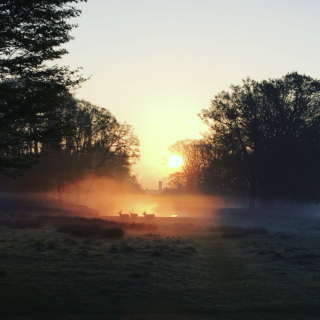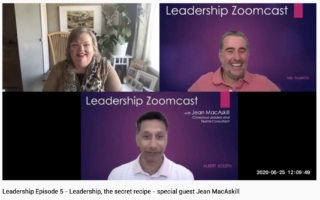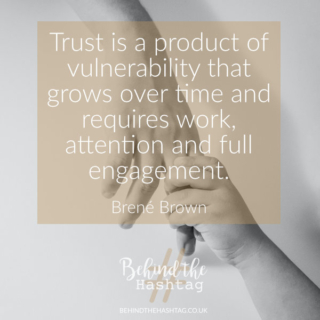That’s not a typo, it is YET, not yes.
So what makes YET such a powerful word? I think it’s the sense of possibility that it gives.
Let me give you an example… A few months ago, I decided to try some new things to push myself out of my comfort zone a little (and give myself a figurative kick up the arse). So I thought I’d start out gently with a beach yoga session followed by a cold water dip.
I’ve done a few yoga sessions over the years, but it would be fair to say that I never quite made it to the bikini-wearing hand-standing yoga stage. I’ve always been more focused on “please don’t let me fart or pee myself” as my measure of success.
Anyway, despite not knowing anyone, I rocked up at the session game to try. The instructor was so lovely, encouraging us all to stick at a comfortable level. Which, by the way, is “Child’s Pose” – even that felt a struggle for me. I inquired if there was a “having a wee lie down on the mat” pose I could try instead; alas, apparently not.
But instead of worrying about my Downward Dog, I concentrated on being on a lovely beach, the sound of the lapping water, surrounded by hills and fresh air, and I just did what I could. When the “oh my god, I really can’t do yoga” thoughts came in, I suddenly remembered a conversation I’d had the day before and how adding the word YET to the end of the sentence completely changes the thought and feeling.
Suddenly I was starting on a journey, the beginning of something – YET creates a bridge to a future state where I will be able to do something. It may not be next month, it may not involve a bikini or a handstand, but I will almost certainly be able to do more than I was could that day. And oh my goodness, it takes so much pressure off! I’ve already talked in previous articles about the danger of comparison, and sometimes it’s comparing the “today me” with the “when I was younger/fitter me”.
There’s a twist to this tale in terms of how you can use YET. It can also be a wee warning to watch yourself if you’re slipping into bad habits. After deciding to overhaul how I’d been looking after myself, I’ve been getting some great support along the way. It was one very wise (and experienced) lady I recently started working with who introduced YET into my story. We had discussed healthy habit changes, having both heard some very powerful stories at a meeting earlier that week. I happened to comment how relieved I was that “at least I’ve never done xyz”.
She stopped me right there and said, “Please add YET to the end of that sentence you just said”, and oh my goodness, did that change the perspective for me! We can so easily avoid facing up to behaviours that are actually really bad for us in the long run – particularly when they can be so comforting in the short term. Adding YET gave me a brilliantly simple wake up call.
In that moment, I recalled how so many times over the years that I had justified my unhealthy behaviours by telling the “but I don’t do that” story to myself… Oh, if only I had added YET to those thoughts all those years back, how much easier my path might have been!
Whether it’s about your sleep patterns, how you exercise, how you’re eating, even how you’re connecting with others in your life, or balancing your time between your responsibilities and having fun – try using the word YET when you think about where you are today, what you want to avoid happening and most importantly, where you would like to get to.
I don’t have the flexibility to get into all the yoga poses, even some of the basics… YET, but I will keep at it, though. Granted, with the seasons changing, I’ll be moving from the Scottish beach into the heated studio. When I hit the mat for my specialist workshop of yoga for the menopause… I’ll continue to hold the “I haven’t farted or peed myself YET” as my mantra, this is one YET I’d like to keep in place!




